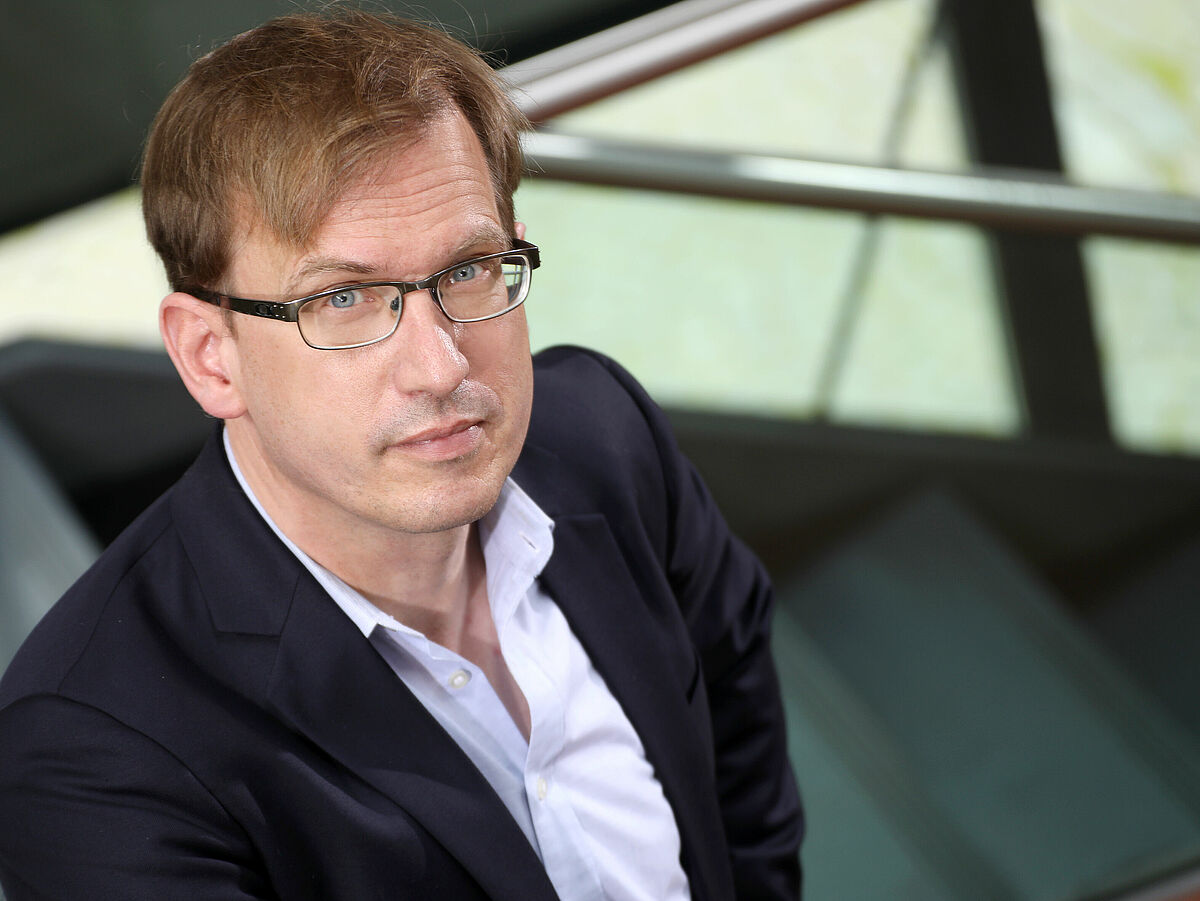
Privatdozent Dr. Torben Lütjen
Alfried Krupp Junior Fellow
(October 2020 - September 2021)
- Studies in Göttingen, Caen and Berkeley, doctorate in Göttingen (2006) and habilitation in Düsseldorf (2016)
- DAAD Visiting Associate Professor, Vanderbilt University
- to 2021, substitute for the chair for comparative political science, Kiel University
Fellow project: "Political Conversions in the Age of Ideologies“
Political converts, people who radically change their political convictions and commit themselves to an entirely different cause, are among the most underestimated figures of the age of ideology. At closer inspection, we can see them standing at the cradle of many modern political movements. German conservatism was, to a considerable extent, the brainchild of German Romanticism, whose leading protagonists had once hailed the French Revolution as the advent of a new era, only to later turn away from it in horror. Fascism in France and Italy could probably not have taken root if it would not have been for the volte-faces of former socialists, who replaced the concept of class with the concept of the nation. Post-war conservatism in the United States after 1945 was literally an invention of ex-Communists and ex-Trotskyists and, maybe like no other political movement, has made political conversion narratives the cornerstone of its political identity. And today, many of the protagonists of the New Right are apostates of the utopian dreams of 1968 (in the West) or 1989 (in the East). And the list is far from conclusive.
I my research project (and next book), I want to explore the unknown territory of the history and sociology of political conversion, a phenomenon that has never been systematically studied across countries or across time periods: Why do people so drastically change sides? Under what political, social and cultural conditions do conversions occur? What kind of intellectuals are prone to such transformations? What is the role of the convert in his new political community? And why are conversions from left to right so much more common than in the opposite direction?
In my work, I do not want to simply investigate isolated cases of individual conversions. Instead, my aim is to identify “clusters” of converts, groups of intellectuals and political elites who understand their own conversion as the pieces of a bigger puzzle and a collective experience, and whose transformations henceforth shape the self-understanding of the movement they join.
